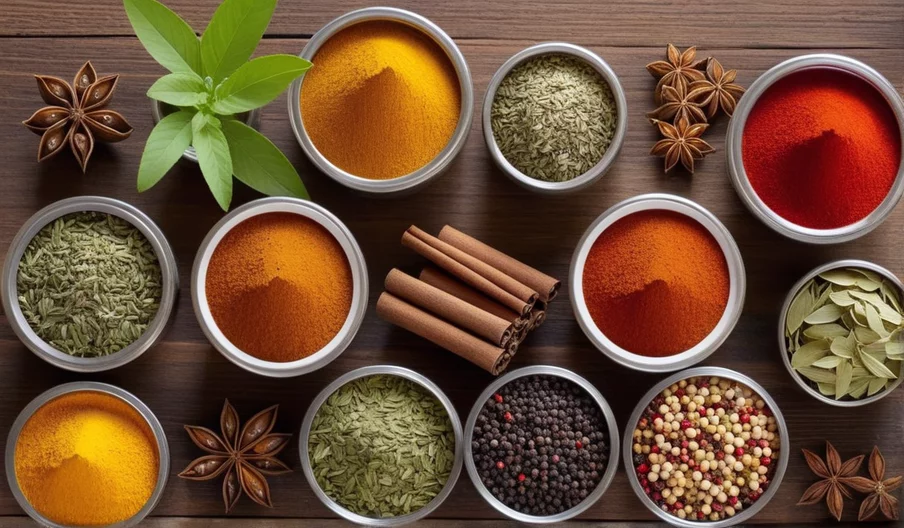Looking to boost your luck? Explore the world of lucky herbs and spices for gambling that might just tip the scales in your favor. In this article, discover the power of certain herbs, cherished for centuries as symbols of good fortune in various cultures.
These natural treasures aren’t just about superstition – they hold histories and traditions that have influenced people for ages. Dive in to unravel the secrets behind these good luck herbs and how they might lend you a fortunate edge when you spin the slot, roll the dice, or play your hand.
Page Contents
The history of herbal charms
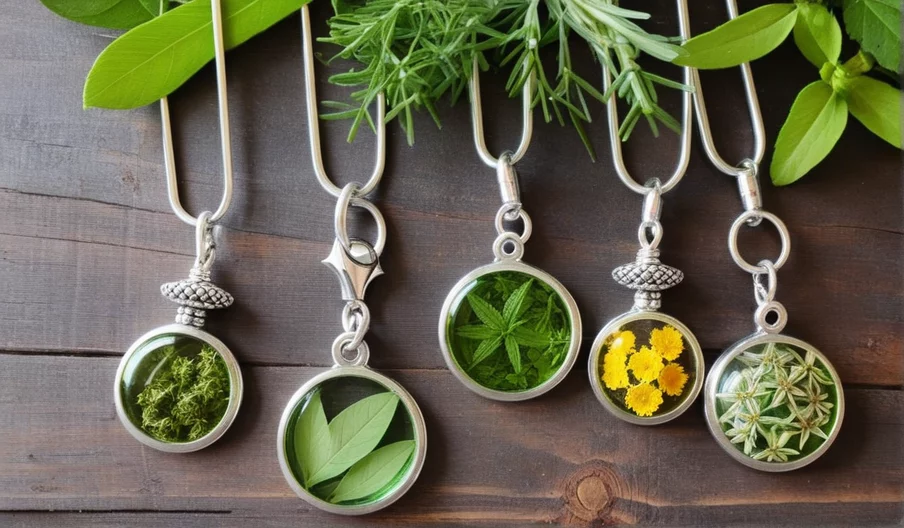
Throughout history, herbal charms have woven a rich tapestry of belief and tradition, dating back to ancient civilizations. These mystical practices weren’t just about healing; they were imbued with the essence of protection, luck, and spirituality.
Ancient roots of herbal charms
The origins of herbal charms for luck trace back to ancient civilizations like Egypt, where herbs were intertwined with magic and spirituality. They were believed to possess powers beyond mere sustenance, carrying the ability to ward off evil and invite blessings.
Mesopotamian influence
In Mesopotamia, herbs were revered for their symbolic significance. They were utilized in ceremonies and rituals, believed to bridge the earthly realm with the divine and safeguard individuals against malevolent forces.
Greek and Roman traditions
Greek and Roman cultures embraced herbal charms for diverse purposes. Herbs like basil and sage were venerated for their protective qualities, believed to shield homes and individuals from harm while attracting good fortune.
Medieval Europe’s beliefs
During the Middle Ages, herbal charms thrived in Europe. Plants like rosemary and thyme were cherished not just for culinary use but also their symbolic value, believed to offer protection, courage, and clarity.
Modern perspectives
In today’s world, while some view herbal charms through a lens of folklore and tradition, others continue to cherish and utilize them. Practices like using herbs for protection or luck persist, blending ancient wisdom with contemporary beliefs.
⭐ Best online casinos

- Available in most countries
- Slots and live casino games
- Rewarding weekly promos

- Zero wagering bonuses
- Fast & easy withdrawals
- Fair RTP in 6000+ games
Most powerful herbs for good luck
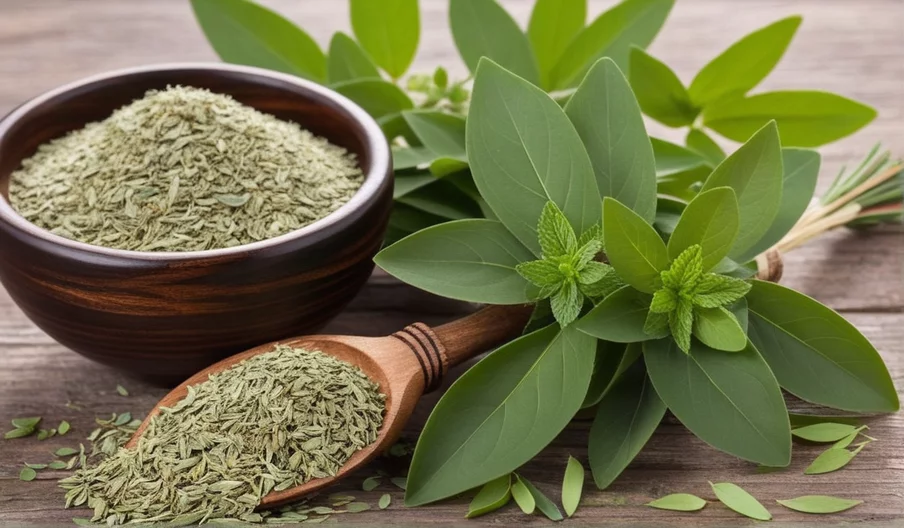
From ancient times to modern-day beliefs, these herbs have captivated hearts and minds, believed to carry the essence of good luck in gambling and everyday life.
Clover: Nature’s lucky charm
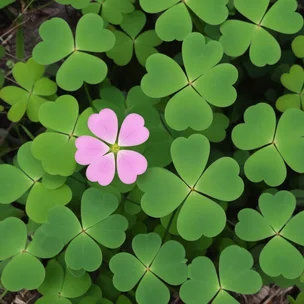
Among the revered symbols of good luck, the humble clover stands tall. Its four-leaf variation, especially rare, holds particular significance. Believers in its luck-bestowing prowess keep it close, trusting its ability to turn fate in their favor.
Bay leaf: Fortunate visions
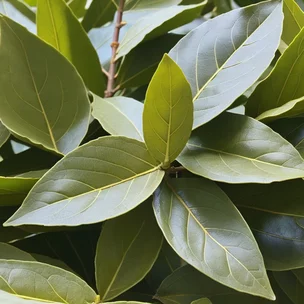
Bay leaves, employed in various culinary dishes, hold significance beyond flavor. Believed to offer foresight and clarity, they are thought to attract positive energies and grant wishes when used in rituals or carried.
Rosemary: Memory of luck
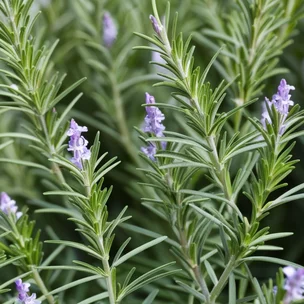
Rosemary’s presence isn’t merely a memory aid; it’s believed to safeguard against misfortune and invite luck. Its fragrant essence is said to create a shield of positive energy, guiding individuals toward favorable outcomes.
Cinnamon: Aromatic fortune
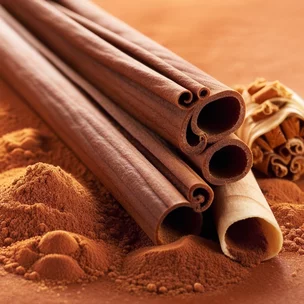
The sweet and spicy allure of cinnamon isn’t confined to tantalizing taste buds. This aromatic spice has long been linked to good luck, often used in rituals and concoctions to invite prosperity and good fortune into one’s life.
Basil: Fortuitous foliage
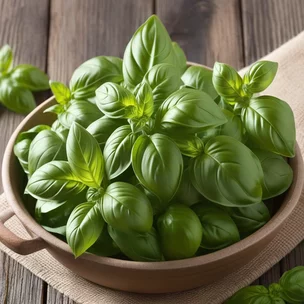
Basil, with its fragrant leaves, doesn’t just add zest to dishes; it’s also seen as a harbinger of luck. From fostering harmony in the home to amplifying financial well-being, this herb is celebrated for its diverse blessings.
Thyme: Timeless luck
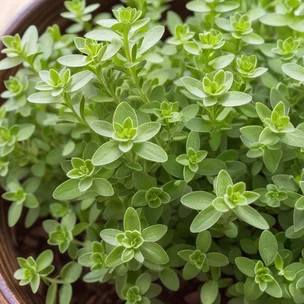
Thyme, known for its delightful aroma and culinary uses, also carries a reputation for luck. Its presence in ancient rituals and traditions signifies not just courage but also attracts good fortune and wards off negativity.
Mint: Prosperity’s aroma
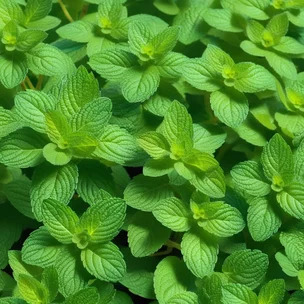
Mint, with its refreshing scent and versatile applications, symbolizes abundance and prosperity. Often used in charms and rituals, it’s believed to invite financial stability and success into one’s life.
Chamomile: Serene luck
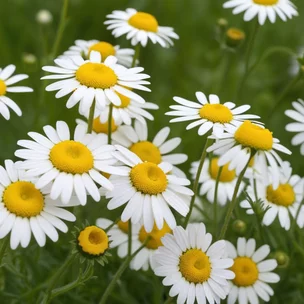
Beyond its calming properties, chamomile is associated with luck and good fortune. Its presence in homes or rituals is believed to bring serenity, harmony, and a stroke of success in endeavors.
Dill: Fortune’s finesse
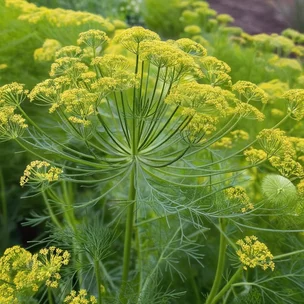
Dill, cherished for its unique flavor in cuisine, also carries a touch of fortune. Its presence is thought to enhance psychic abilities and provide protection, guiding individuals toward fortunate outcomes.
Lavender: Tranquil luck
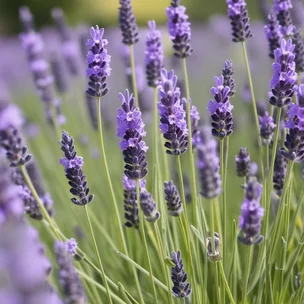
Lavender, renowned for its calming fragrance, is also linked with luck. It’s believed to attract positive energy and serenity, fostering an environment conducive to good fortune.
Allspice: Wholesome fortune
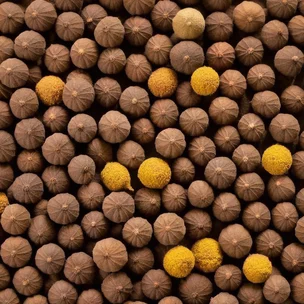
Allspice, with its warm, fragrant notes, is not just a culinary delight; it’s also seen as a bearer of luck. Thought to attract wealth and success, it’s often included in rituals or kept in homes for its favorable influence.
Marigold: Vibrant luck
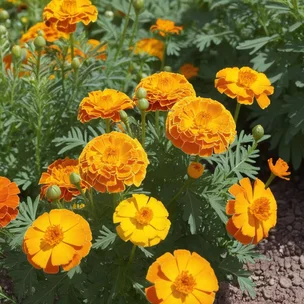
Marigolds, vibrant in color and spirit, symbolize luck and prosperity in various cultures. Often used in ceremonies and celebrations, they’re believed to bring joy and positive energy to those who embrace them.
Angelica: Heavenly fortune
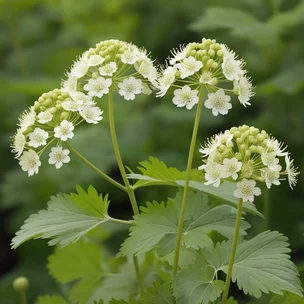
Angelica, with its tall, stately presence, is associated with luck and protection. Often utilized in rituals, it’s believed to ward off negative energy and invite good fortune into the lives of those who incorporate it.
Juniper: Purveyor of luck
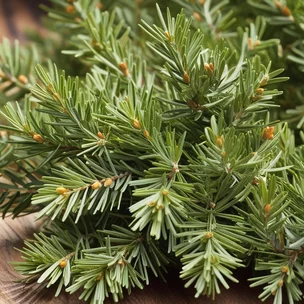
Juniper, known for its berries used in flavoring, is also recognized for its luck-bringing properties. It’s believed to cleanse and purify spaces, clearing the way for good fortune and positive outcomes.
Yarrow: Resilient fortune
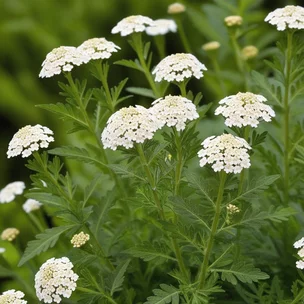
Yarrow, known for its resilience and healing properties, is linked with luck and courage. It’s thought to offer protection and empower individuals to navigate challenges towards fortunate outcomes.
Honeysuckle: Sweet luck
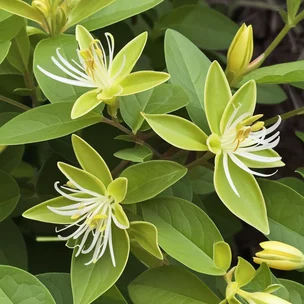
Honeysuckle, known for its sweet fragrance, is believed to attract good luck and positive energy. It symbolizes devotion and is thought to bring prosperity and success into one’s life.
Sage: Guardian of prosperity
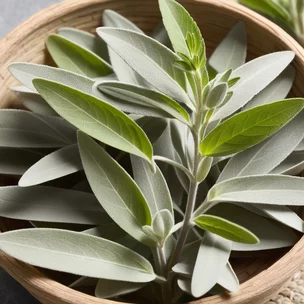
Sage isn’t just for seasoning; its reputation as a guardian of prosperity dates back centuries. Thought to cleanse spaces of negative energies, it’s cherished for ushering in positivity and attracting good vibes, even in the realms of chance.
Eucalyptus: Clarifying luck
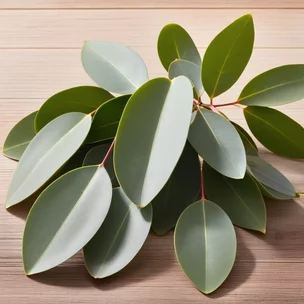
Eucalyptus, with its refreshing aroma, is associated with luck and purification. It’s believed to clear away obstacles, inviting clarity and good fortune into various aspects of life.
Lemon verbena: Lively fortune
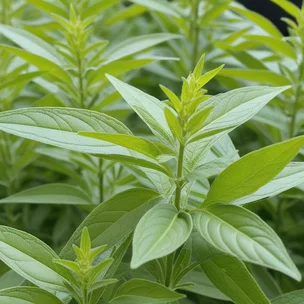
Lemon verbena, celebrated for its citrusy scent, is seen as a harbinger of luck and vitality. Its presence is believed to uplift spirits and invite joy and favorable outcomes.
Fern: Symbol of luck
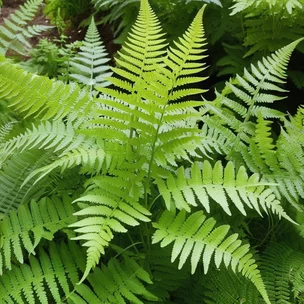
Ferns, with their lush greenery, symbolize luck and protection in folklore. They’re often placed in homes to ward off negative energy and invite good fortune and stability.
Cultural herbal luck elixirs
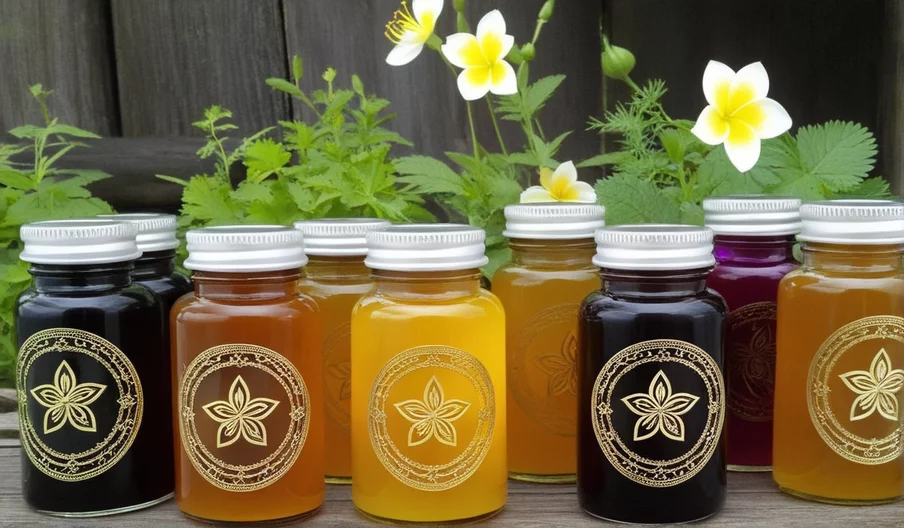
In cultures worldwide, the allure of herbal elixirs for luck transcends time, weaving a tapestry of beliefs and traditions. These magical concoctions passed down through generations, are revered for their purported ability to attract good fortune and blessings.
Chinese herbal elixirs: Harmonizing energies
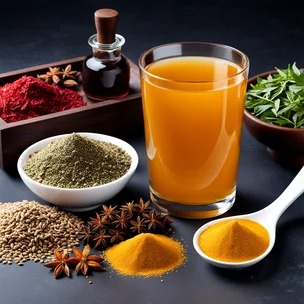
In Chinese culture, herbal elixirs like ginseng and astragalus are revered for their harmonizing properties. They’re believed to balance energies, promoting vitality and inviting luck and prosperity.
Indian Ayurvedic elixirs: Balancing life forces
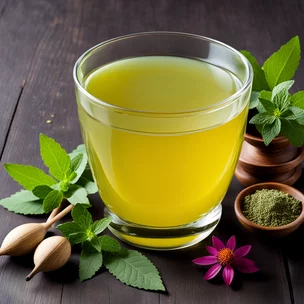
Ayurveda, the ancient Indian system of medicine, treasures herbal elixirs such as turmeric and ashwagandha. These elixirs aim to balance life forces, fostering well-being and attracting auspiciousness.
Indigenous ritual elixirs: Nature’s wisdom
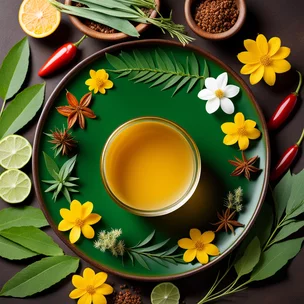
Indigenous cultures across continents craft elixirs from herbs like sage and sweetgrass. These elixirs hold sacred significance, used in ceremonies to invoke blessings and connect with ancestral wisdom.
European tradition elixirs: Charms for fortune
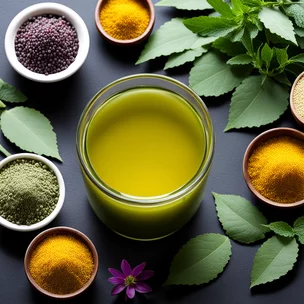
European traditions embrace elixirs made from herbs like vervain and chamomile. These concoctions symbolize luck and protection, often used in rituals to ward off negativity and invite positive energies.
African herbal elixirs: Spiritual fortification
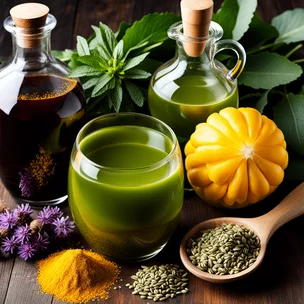
In African cultures, herbal elixirs crafted from herbs like kola nut and African basil carry spiritual significance. They’re believed to fortify spirits, bestowing luck and guidance.
Japanese herbal elixirs: Essence of serenity
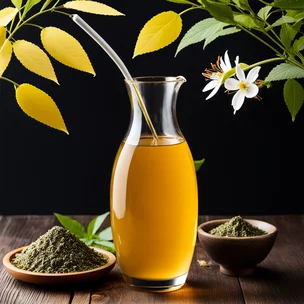
In Japan, elixirs brewed from herbs like green tea and ginkgo are celebrated for their calming properties. These elixirs symbolize tranquility and are believed to invite luck and peace of mind.
South American shamanic elixirs: Sacred connections
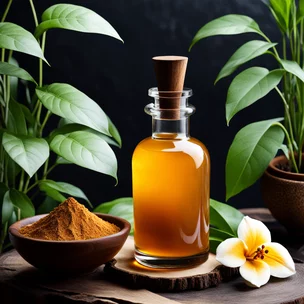
Shamanic cultures in South America use elixirs made from herbs like coca leaves and guayusa in sacred rituals. These elixirs foster connections to spirits, offering guidance and invoking blessings.
Australian aboriginal elixirs: Essence of healing
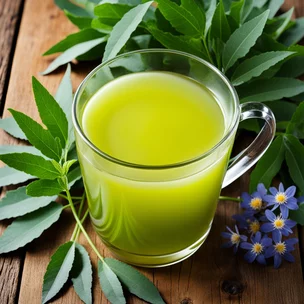
Among Aboriginal communities, elixirs from herbs like eucalyptus and tea tree hold healing significance. These elixirs are considered purifying, attracting luck, and facilitating physical and spiritual well-being.
Middle Eastern herbal elixirs: Aromatic charms
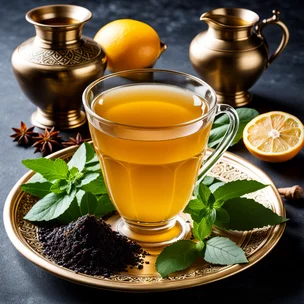
In the Middle East, elixirs made from herbs like mint and myrrh are esteemed for their aromatic essence. These elixirs signify hospitality and are used to invite luck and blessings into homes.
Nordic herbal elixirs: Nature’s vigor
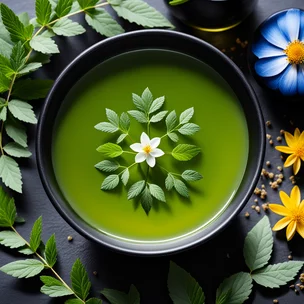
Nordic traditions embrace elixirs crafted from herbs like lingonberry and juniper. These elixirs represent resilience, invoking luck and strength in facing life’s challenges.
Spice potency in gambling luck
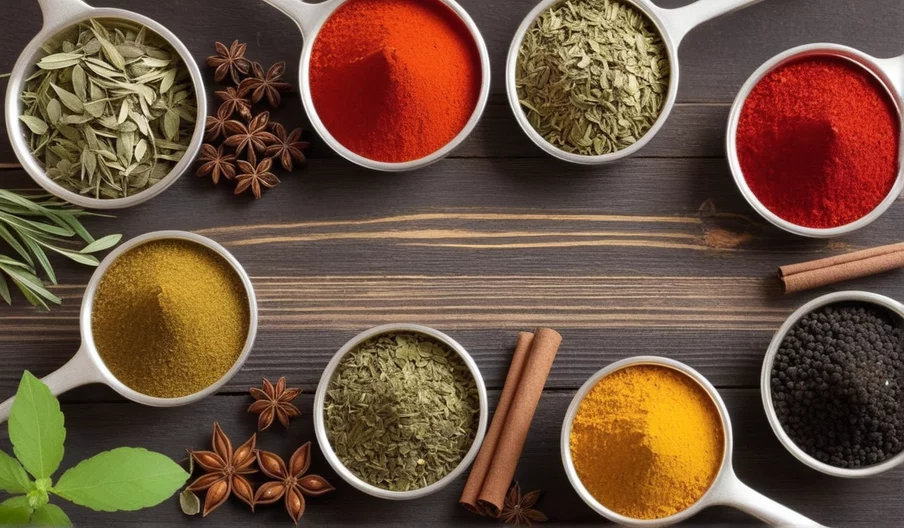
While the science behind spice potency in gambling luck might remain elusive, their historical significance endures. Whether viewed as superstition or embraced for their symbolic value, spices continue to add a flavorful touch of hope to the world of gambling.
Ginger: Fortifying luck
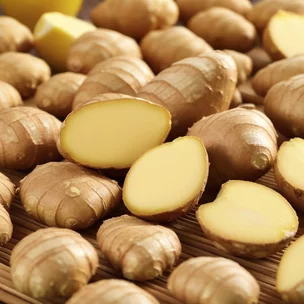
Ginger, prized for its pungent flavor, carries a reputation for amplifying luck in gambling. It’s believed to invigorate energies and attract positive outcomes in games of chance.
Nutmeg: Luck-infused spice
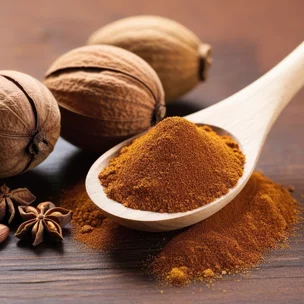
Nutmeg, with its rich and distinctive taste, holds a place in gambling folklore. It’s thought to possess luck-enhancing properties, offering a touch of fortune in games of risk.
Star anise: Celestial luck
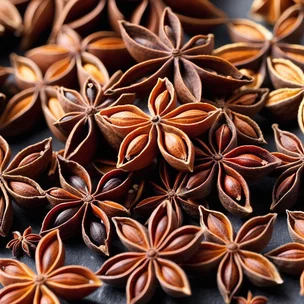
Star anise, with its distinct star-shaped pods, symbolizes luck and protection in various cultures. It’s believed to ward off negativity and attract good fortune.
Cardamom: Fortune’s fragrance
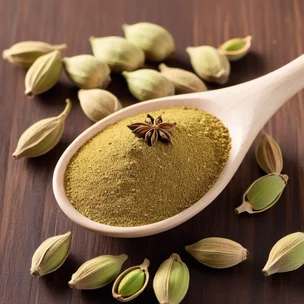
Cardamom, renowned for its aromatic qualities, is associated with luck and abundance. Its scent is believed to bring prosperity and positive energies.
Saffron: Golden luck
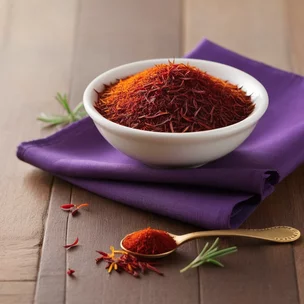
Saffron, known for its vibrant color and unique flavor, is considered a spice of luck and wealth. Its presence is believed to attract good fortune and success.
Fennel seeds: Luck’s guardians
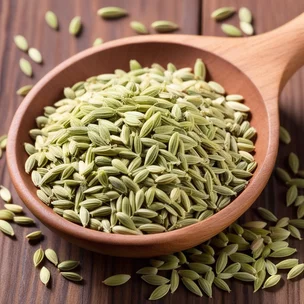
Fennel seeds, with their licorice-like taste, are seen as guardians of luck and protection. They’re believed to ward off negative energies and invite positive vibes.
Coriander: Fortuitous essence
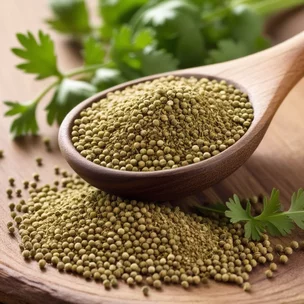
Coriander, known for its citrusy and herbal flavor, is believed to attract luck and love. It’s associated with positive energies and favorable outcomes.
Peppermint: Refreshing luck
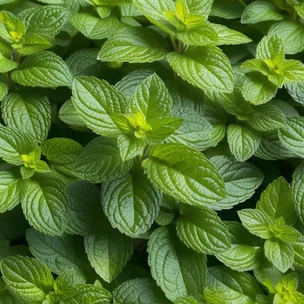
Peppermint, known for its refreshing taste and scent, is associated with luck and vitality. It’s believed to invite positive energies and enhance good fortune.
Mustard seeds: Fortune’s spark
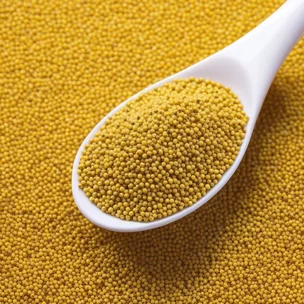
Mustard seeds, tiny yet potent, are associated with luck and growth. They’re believed to ignite luck and prosperity in various endeavors.
Paprika: Vibrant luck
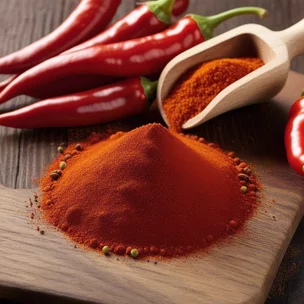
Paprika, with its vibrant color and mild heat, is seen as a spice of luck and enthusiasm. It’s believed to bring energy and positive vibes.
Caraway seeds: Luck’s pathfinders
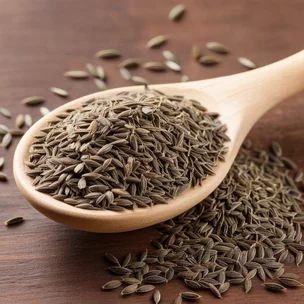
Caraway seeds, with their earthy taste, symbolize luck and protection. They’re thought to guide individuals toward fortunate opportunities.
How to use herbs to attract good luck in gambling
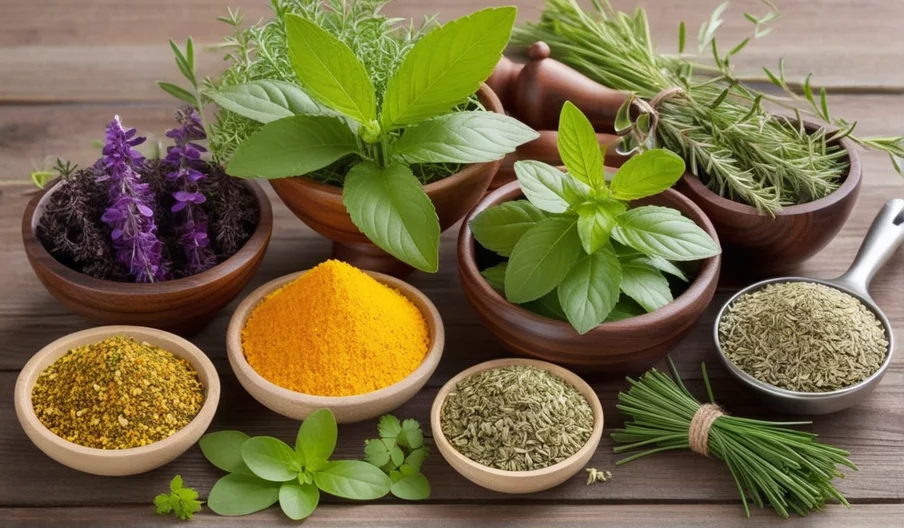
Using herbs for luck in gambling isn’t a guarantee, but it’s a practice embraced by many seeking an auspicious advantage. Whether it’s the herbs themselves or the belief they inspire, their presence adds a touch of hope to the unpredictable world of games of chance.
Selecting the right herbs
Choose herbs known for luck, like clover, sage, or basil. Their reputed luck-enhancing properties make them popular choices among gamblers seeking an extra edge.
Carrying herbs for fortune
Carry a small pouch of these chosen herbs with you while gambling. Whether in a pocket or a sachet, their presence is believed to attract luck and positive energies.
Creating herbal infusions
Brew herbal teas using lucky herbs like chamomile or cinnamon. Sipping these infusions before or during gambling sessions is thought to imbue you with luck.
Rituals and symbols
Incorporate herbs into rituals. Burning sage or rosemary as incense before gambling is believed to cleanse negative energies and invite luck.
Visual tokens of luck
Place fresh herbs, like basil or thyme, in your gambling area. Their presence can serve as visual reminders of luck and positivity.
Believing in their power
While using herbs for luck in gambling, maintain a positive mindset. Belief in their potency can amplify their alleged effects.

